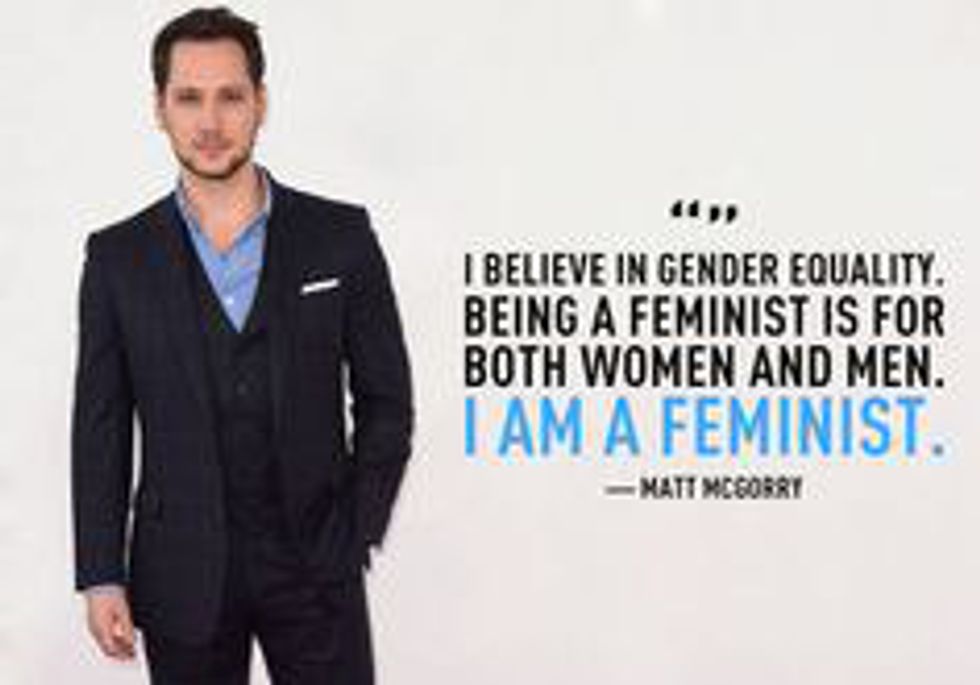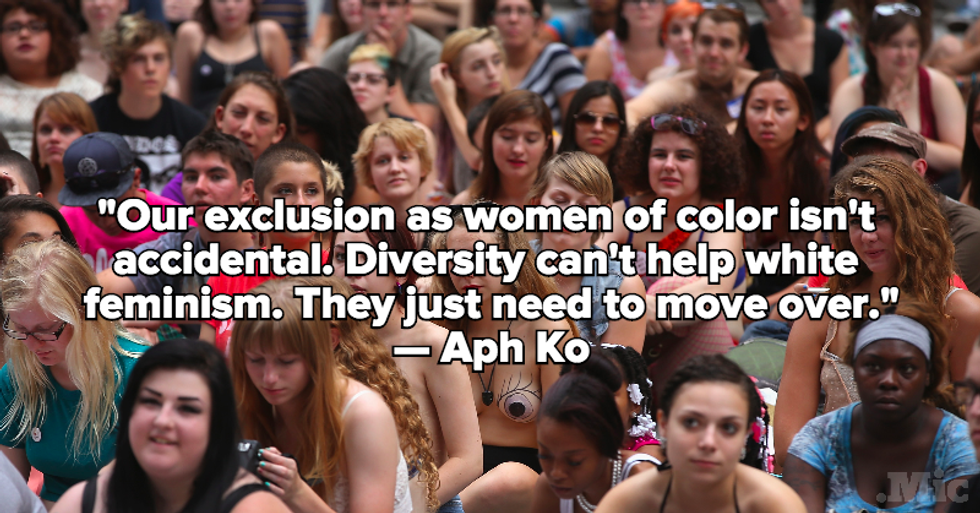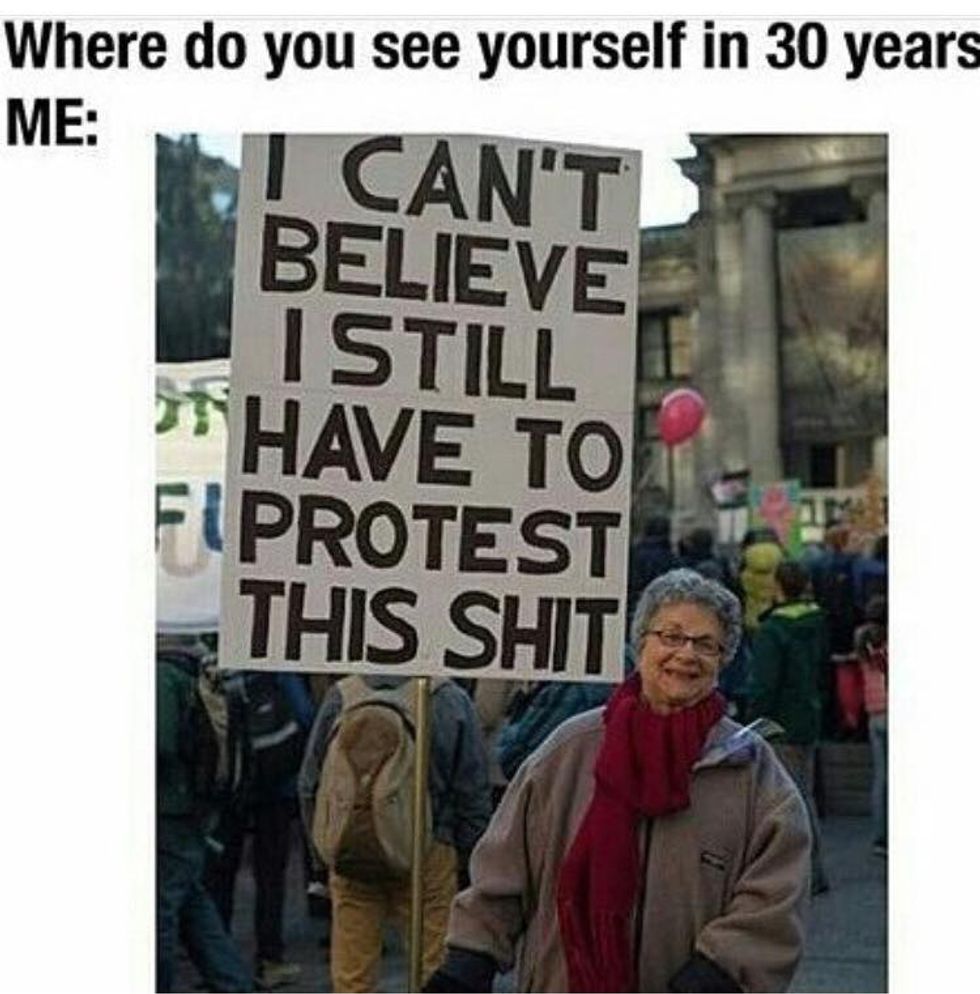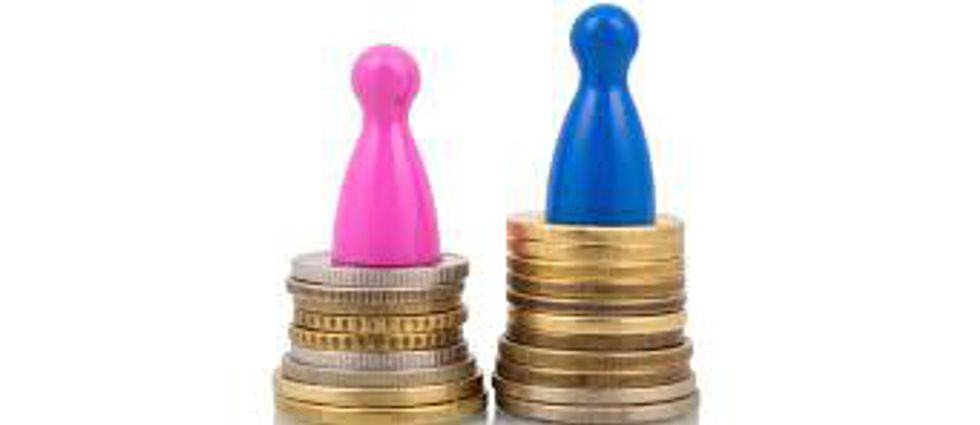Growing up, I had this vision of what a feminist looks like. I think that we all have similar ideas of how they are. I was told that feminists were angry, that they were lesbians and that they were selfish. Also, the idea that only women are feminists.
The women in my life never identified themselves as feminists either, so I never got a well-rounded idea on what it truly means to be a feminist.
Going to college, I learned the other side of what it means to be a feminist. It means two things:
- To be equal to men socially, politically and monetarily.
- To be inclusive of all women, no matter their sexual orientation, race or socioeconomic status.
Now, I am by no means saying that feminism is perfect. I am not even sure that I am completely ready to identify this way, either. As a woman of color, my interests have not been put at the top of the list. In the past, feminism only focused on white, middle-class women.
While this was more of the first or second wave of feminism, it most definitely not been forgotten. Unfortunately, this still happens, and many call this "white feminism." However, this is where intersectionality is so important.
Some might even ask, "Well, why is feminism still relevant?"
Well, when we realize that feminists are STILL fighting for the same things that their predecessors were fighting for back in the 60's and 70's, it makes sense.
When we see that women do not have the access to health care that they need, that women do not get the right to choose what happens to their bodies. That women who go to colleges are 20 percent more likely to be sexually assaulted, what is even more shocking:
9 out of 10 of these students know their offender.
That women only get paid about 78 cents to a white man's dollar. Not to mention that women of color are disproportionately affected by this more.
This doesn't even begin to cover the institutional oppression that women have faced and are still facing.
The point is, that feminism is something that is not radical at all. All feminists are asking for is equality, and that should be respected, not stigmatized. So the next time you hear someone say "I'm a feminist," remember this article. Don't judge that person, but remember the reasoning behind the decision to call themselves a feminist.

























